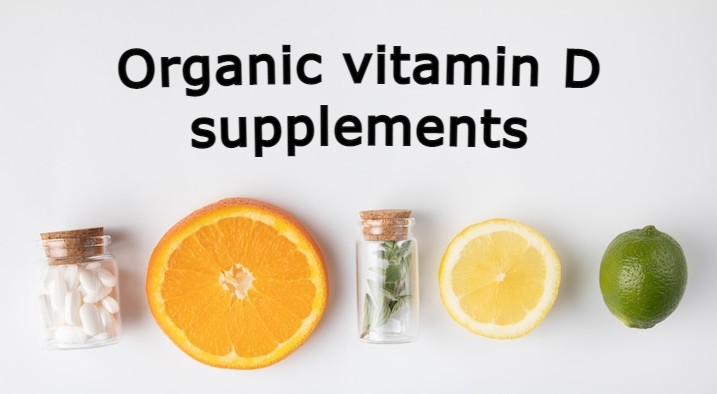Organic Fats
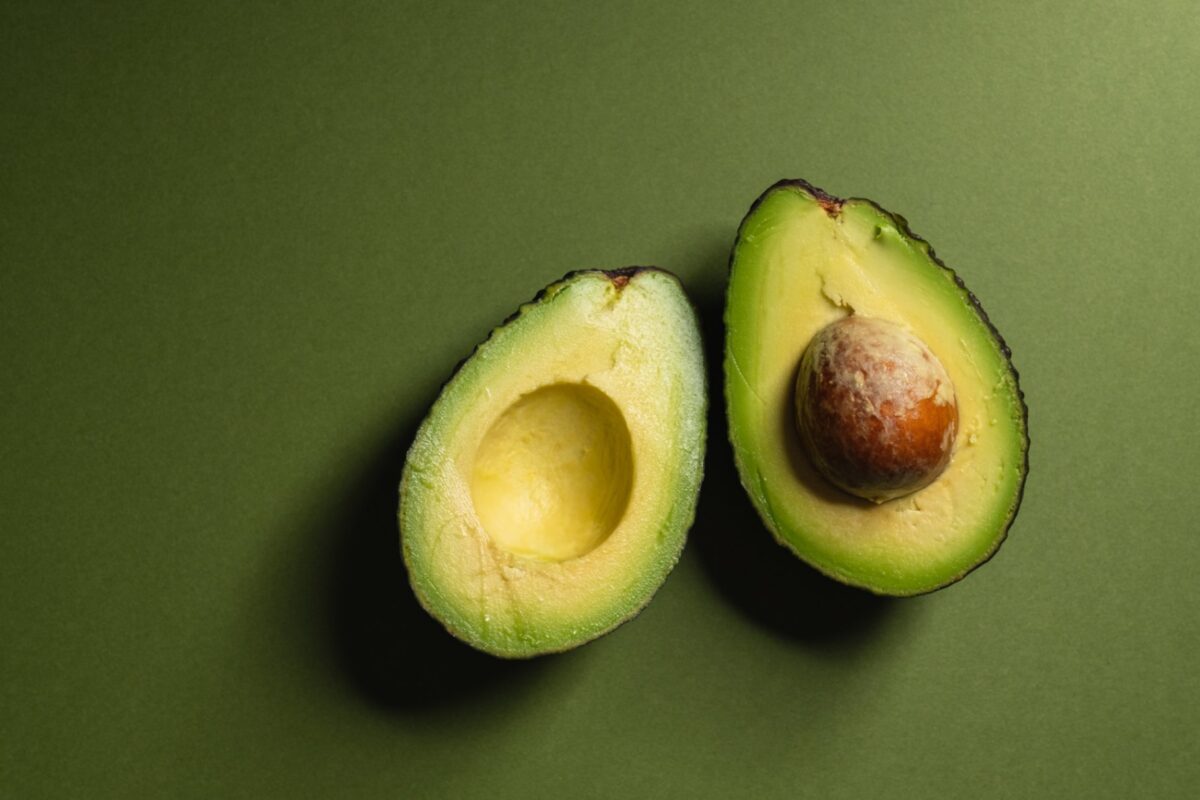
Hey there, fitness enthusiasts! Are you looking to take your athletic performance to the next level? Well, have you considered incorporating organic fats into your diet? I know it might sound counterintuitive, but trust me, it can make a world of difference. In this blog post, I’ll be discussing the importance of organic fats for athletes and how it can help you achieve your fitness goals.
First and foremost, let’s debunk the myth that all fats are bad for you. In fact, our bodies need fat to function properly, especially when it comes to physical activity. Organic fats, such as those found in avocados, nuts, and olive oil, can provide essential nutrients and energy for your workouts. They can also aid in muscle recovery and reduce inflammation, helping you to bounce back faster from those tough training sessions.
Now, I know what you might be thinking, “But won’t eating fat make me gain weight?” The truth is, it’s all about moderation and choosing the right types of fats. Incorporating organic fats into your diet can actually help you maintain a healthy weight by keeping you full and satisfied for longer periods of time, reducing the likelihood of overeating.
So, what are you waiting for? Start incorporating organic fats into your diet today and see the difference it can make in your athletic performance. Thanks for reading and be sure to check out the rest of my blog for more fitness tips and tricks!
| Fact | Explanation |
|---|---|
| Organic fats provide essential nutrients | Organic fats, such as those found in avocados and nuts, contain important nutrients like omega-3 fatty acids, which can help with muscle recovery and reduce inflammation. |
| Organic fats can provide energy for workouts | Fats are a source of energy for the body, and organic fats can provide sustained energy during exercise. |
| Organic fats can help with weight management | Eating organic fats can keep you feeling full and satisfied, reducing the likelihood of overeating and helping with weight management. |
| Choosing the right types of fats is important | Not all fats are created equal – choosing healthy fats like those found in olive oil and fatty fish is important for overall health. |
| Organic fats can aid in brain function | The brain relies on healthy fats to function properly, and incorporating organic fats into your diet can help with cognitive function. |
Introduction to Organic Fats
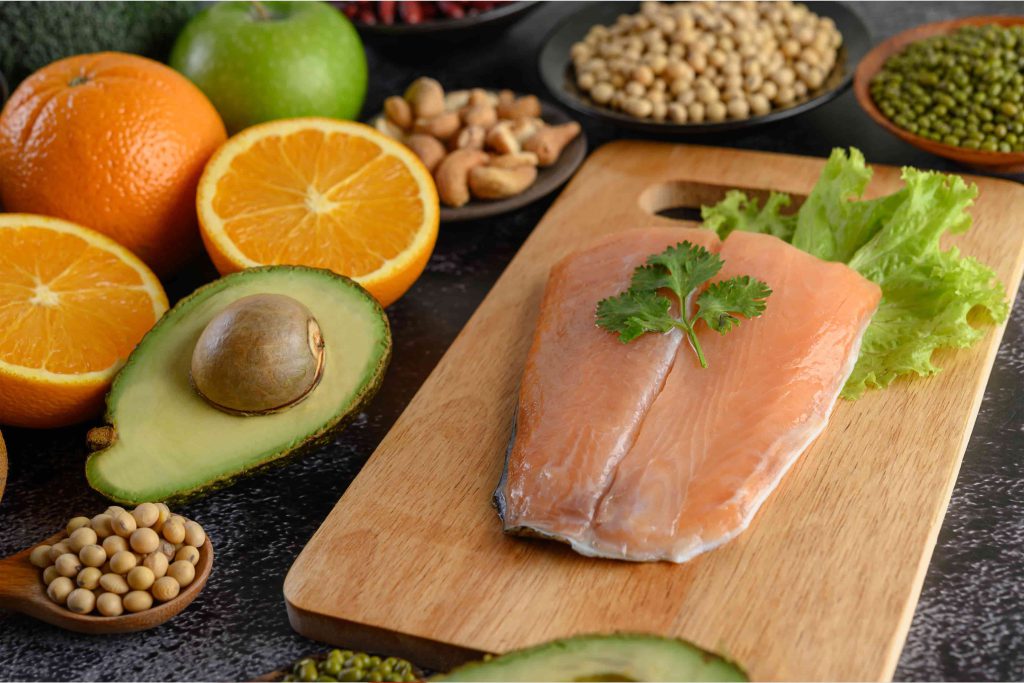
Before we dive into the benefits of organic fats for athletes, it’s essential to understand what they are. Organic fats are derived from plants or animals that have been raised or grown without the use of synthetic pesticides, fertilizers, or other harmful chemicals. These fats tend to be more nutrient-dense than conventionally produced fats and are often free from harmful additives and preservatives.
The Benefits of Organic Fats for Athletes
1. Improved Endurance
One of the most significant benefits of consuming organic fats for athletes is improved endurance. Organic fats, such as those found in nuts, seeds, and avocados, are rich in monounsaturated and polyunsaturated fatty acids. These types of fats are known to improve blood flow and oxygen delivery to the muscles, helping to reduce fatigue during exercise.
2. Enhanced Recovery
In addition to improving endurance, organic fats can also help enhance recovery after exercise. Consuming fats, such as omega-3 fatty acids found in fatty fish and grass-fed meat, can help reduce inflammation in the body. This, in turn, can speed up the recovery process and reduce muscle soreness after a workout.
3. Increased Nutrient Absorption
Another benefit of consuming organic fats is increased nutrient absorption. Many vitamins and minerals, such as vitamins A, D, E, and K, are fat-soluble, which means they need to be consumed with fat in order to be properly absorbed by the body. By consuming healthy fats alongside other nutrient-dense foods, you can ensure that your body is getting the maximum benefit from your diet.
Research from Harvard University supports the idea that consuming healthy fats alongside other nutrient-dense foods is crucial for optimizing your diet. A balanced diet that includes a variety of healthy fats from sources like avocado, nuts, and olive oil can provide essential nutrients and help support overall health and wellness.
In fact, a study published in the Journal of the Academy of Nutrition and Dietetics found that incorporating healthy fats into meals can help improve the absorption of these important vitamins. By consuming healthy fats alongside other nutrient-dense foods, you can ensure that your body is getting the maximum benefit from your diet.
So, whether you’re an athlete looking to improve your performance or simply striving for better overall health, incorporating healthy fats into your diet is a smart choice. By choosing whole, nutrient-dense foods and incorporating healthy fats in moderation, you can help support your body’s overall health and wellness.
4. Improved Cognitive Function
Organic fats are also essential for maintaining optimal cognitive function. The brain is composed mainly of fat, and consuming healthy fats can help support brain health and function. Fatty acids found in organic fats, such as DHA and EPA, have been shown to improve memory, focus, and overall cognitive performance.
What is the importance of fats to an athlete?
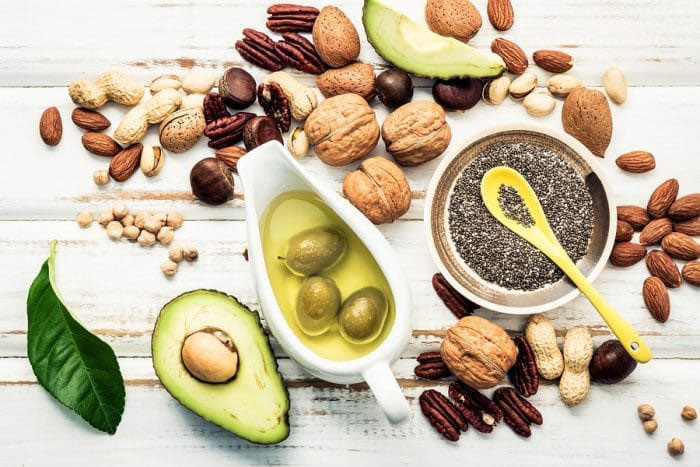
As an athlete, you’re always looking for ways to improve your performance and optimize your health. And when it comes to nutrition, healthy fats should be at the top of your list.
Here’s why: healthy fats provide a concentrated source of energy, which is essential for athletes who need to sustain high levels of activity over extended periods of time. In fact, fats are the most energy-dense macronutrient, providing 9 calories per gram, compared to 4 calories per gram for protein and carbohydrates.
But that’s not all. Healthy fats also play a crucial role in the absorption and utilization of vitamins and minerals, including fat-soluble vitamins like A, D, E, and K. This means that if you’re not consuming enough healthy fats, you may not be getting the full benefit of the other nutrients in your diet.
Another benefit of healthy fats for athletes is their ability to improve endurance. When your body runs out of stored carbohydrates (glycogen), it switches to burning fat for energy. By consuming healthy fats, you can increase your body’s ability to burn fat for fuel, which can help you go longer and harder during workouts or competitions.
Healthy fats also play a role in reducing inflammation and improving recovery. Omega-3 fatty acids, found in fatty fish like salmon and sardines, have been shown to reduce inflammation in the body, which can help speed up recovery time after intense exercise.
Finally, healthy fats are crucial for brain health and cognitive function. The brain is composed primarily of fat, and consuming healthy fats has been linked to improved memory and focus.
Why are unsaturated fats better for athletes?
When it comes to choosing the right fats for an athlete’s diet, unsaturated fats are the way to go. Here’s why: unsaturated fats are a healthier option because they help lower bad cholesterol (LDL) and raise good cholesterol (HDL), which helps prevent heart disease. This is especially important for athletes who put a lot of strain on their bodies through intense physical activity. Unsaturated fats are also known to have anti-inflammatory properties, which can help reduce muscle soreness and speed up recovery time after exercise. Additionally, unsaturated fats provide a steady source of energy for the body and help maintain healthy hormone levels, which are essential for overall performance. So, incorporating more unsaturated fats into an athlete’s diet can have a significant impact on their overall health and athletic performance.
How does fat affect sports performance?
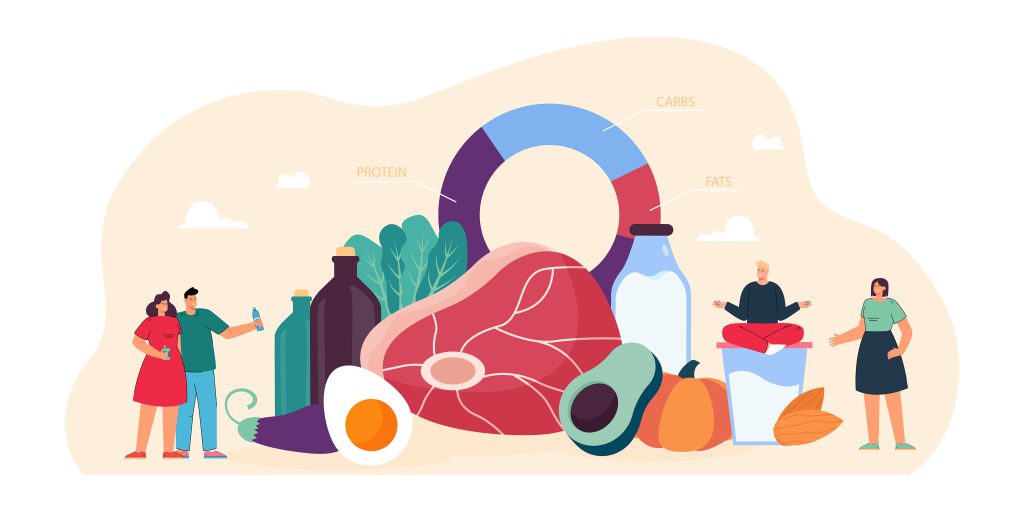
Fats play an important role in an athlete’s performance, as they provide a source of energy for the body during exercise. When you exercise, your body burns carbohydrates first for energy, but as your glycogen stores become depleted, your body switches to burning fat for energy. This is where the importance of fat comes in for athletes. Having enough fat in your diet ensures that your body has a sufficient source of energy to power through longer and more intense workouts.
Additionally, the right kinds of fats can have a positive impact on an athlete’s overall health, which can also affect their performance. For example, incorporating more unsaturated fats into your diet can help lower inflammation, which can reduce the risk of injury and promote faster recovery time. Plus, fats also play a role in hormone production, which is essential for regulating bodily functions like metabolism and muscle growth.
On the other hand, consuming too much unhealthy fats, such as trans fats or saturated fats, can have a negative impact on an athlete’s performance. These types of fats can lead to inflammation, increase the risk of heart disease, and negatively affect hormone levels. So, when it comes to fats and sports performance, it’s all about finding the right balance of healthy fats to fuel your body and support optimal performance
Why are natural fats important?
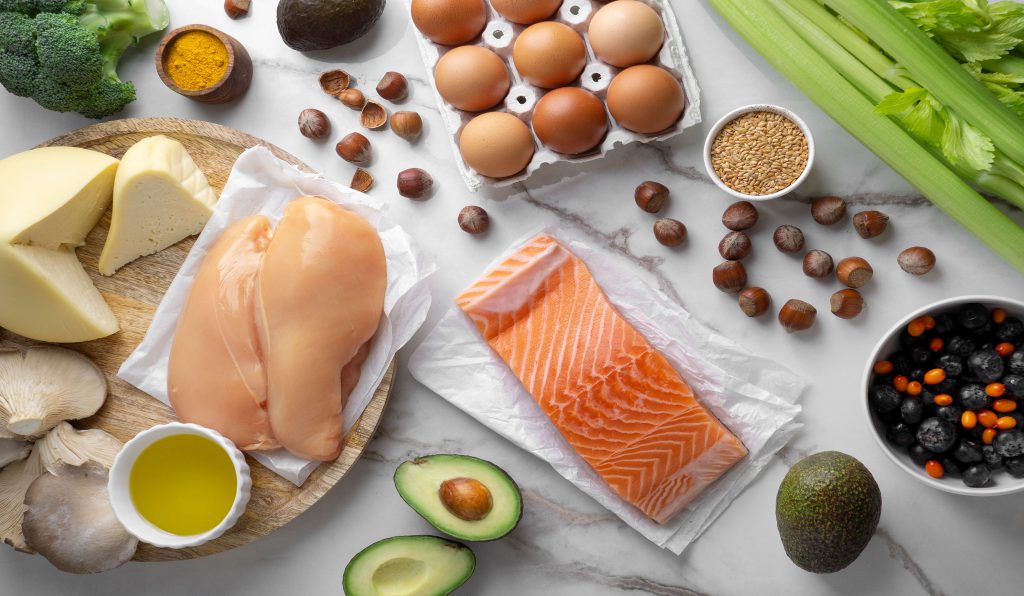
When it comes to fats in an athlete’s diet, natural fats are the way to go. Natural fats are important for athletes because they are a whole food source of healthy fats that are easily recognized and utilized by the body. They are unprocessed and free from harmful chemicals, additives, and preservatives that can negatively impact an athlete’s health and performance.
Natural fats, like those found in nuts, seeds, avocados, and fatty fish, are also rich in essential nutrients like omega-3 fatty acids, vitamin E, and antioxidants. These nutrients have been shown to support healthy brain function, reduce inflammation, and improve cardiovascular health.
Plus, natural fats are typically more filling and satisfying than processed fats, which can help athletes stay fuller for longer periods of time and prevent overeating. This is important for athletes who need to maintain a healthy weight and fuel their bodies with nutrient-dense foods.
Overall, incorporating natural fats into an athlete’s diet can provide a variety of health benefits, from improving performance to promoting overall health and wellbeing.
What are the fats requirements for athletes?
As with any nutrient, the fat requirements for athletes vary based on individual factors such as body size, training intensity, and performance goals. However, in general, athletes should aim to consume a balanced diet that includes a sufficient amount of healthy fats.
The American College of Sports Medicine recommends that athletes consume between 20-35% of their total daily calories from fat. This translates to roughly 44-77 grams of fat per day for a 2,000 calorie diet. Of these fats, the majority should come from healthy unsaturated sources like nuts, seeds, avocados, fatty fish, and vegetable oils. Saturated and trans fats should be limited to less than 10% of total daily calories.
It’s also important to note that fat intake can vary depending on the type of sport or activity an athlete is involved in. Endurance athletes, for example, may need more fats in their diet to fuel their longer and more intense workouts. Strength athletes may need more protein to support muscle growth and repair, but healthy fats are still an important part of a balanced diet.
Ultimately, the key is to focus on consuming a balanced diet that includes a variety of nutrient-dense foods, including healthy fats, to support optimal health and performance. Athletes should work with a registered dietitian or sports nutritionist to determine their specific nutrient needs and develop a personalized nutrition plan.
Fats play an important role in the recovery process for athletes. During exercise, the body breaks down muscle tissue, which needs to be repaired and rebuilt in order to grow stronger. Healthy fats are essential for this process, as they help reduce inflammation and promote tissue repair.
Omega-3 fatty acids, in particular, have been shown to have anti-inflammatory properties, which can help reduce muscle soreness and speed up the recovery process after exercise. They also support brain function and can help improve mood, which is important for maintaining a positive mindset during training and competition.
In addition to their role in tissue repair, fats also help to replenish energy stores after exercise. During long or intense workouts, the body burns through its glycogen stores, which are the primary source of energy for the muscles. Eating a meal that contains healthy fats, along with carbohydrates and protein, can help replenish these stores and provide sustained energy for the body to continue to recover and repair.
Overall, fats are an important nutrient for athletes to include in their diet, both for their role in recovery and for supporting overall health and performance. By consuming a balanced diet that includes healthy sources of fats, athletes can help ensure that their body has the nutrients it needs to repair and recover from the demands of training and competition.
How to Incorporate Organic Fats Into Your Diet
Now that you understand the benefits of organic fats for athletes, it’s essential to know how to incorporate them into your diet. Here are some tips to get you started:
1. Choose the Right Types of Fats
When incorporating organic fats into your diet, it’s essential to choose the right types of fats. Opt for healthy fats found in nuts, seeds, avocados, olive oil, fatty fish, and grass-fed meat.
2. Use Organic Cooking Oils
Using organic cooking oils, such as coconut oil or avocado oil, is an easy way to incorporate organic fats into your diet. These oils are stable at high temperatures, making them ideal for cooking and baking.
3. Snack on Nuts and Seeds
Nuts and seeds are an excellent source of healthy fats and make for a convenient snack for athletes. Try snacking on almonds, walnuts, cashews, or pumpkin seeds between meals.
4. Add Avocado to Your Meals
Avocado is a nutrient-dense food that is high in healthy fats. Adding avocado to your meals, such as salads, sandwiches, or smoothies, is an easy way to incorporate organic fats into your diet.
Conclusion
In conclusion, organic fats are an essential component of an athlete’s diet. They offer numerous benefits, including improved endurance, enhanced recovery, increased nutrient absorption, and improved cognitive function. By incorporating healthy fats into your diet, you can optimize your athletic performance and overall health.
It’s important to note that not all fats are created equal. When incorporating organic fats into your diet, be sure to choose healthy sources such as nuts, seeds, avocados, and fatty fish. Additionally, using organic cooking oils and snacking on nuts and seeds are simple ways to incorporate these healthy fats into your daily routine.
Incorporating organic fats into your diet may take some effort and planning, but the benefits are well worth it. As an athlete, you’re constantly pushing your body to its limits, and ensuring you’re fueling it with the right nutrients is essential for success. By prioritizing organic fats in your diet, you can give yourself an edge in your athletic pursuits.
FAQ
While healthy fats are essential for optimal health, consuming too much of any macronutrient can be detrimental. It’s important to consume organic fats in moderation and balance them with other macronutrients to ensure a well-rounded diet.
No, not all organic fats are created equal. It’s important to choose healthy sources of organic fats, such as nuts, seeds, avocados, and fatty fish, and to avoid processed and refined sources of fat.
While healthy fats are not a magic solution for weight loss, they can be a helpful addition to a balanced diet. Consuming healthy fats can help keep you feeling full and satisfied, potentially reducing overall caloric intake.
While supplements can be a helpful addition to a healthy diet, it’s best to prioritize whole food sources of organic fats. This ensures that you’re consuming a variety of other nutrients and beneficial compounds along with the healthy fats.
There are no significant risks associated with consuming healthy sources of organic fats. However, it’s important to consume them in moderation and balance them with other macronutrients to ensure a well-rounded diet. Additionally, those with certain medical conditions or taking certain medications should consult with their healthcare provider before making any dietary changes.
Table of contents
- Introduction to Organic Fats
- The Benefits of Organic Fats for Athletes
- What is the importance of fats to an athlete?
- Why are unsaturated fats better for athletes?
- How does fat affect sports performance?
- Why are natural fats important?
- What are the fats requirements for athletes?
- What is the role of fats and athletes related to recovery?
- How to Incorporate Organic Fats Into Your Diet
- Conclusion
- FAQ
Contents
- Introduction to Organic Fats
- The Benefits of Organic Fats for Athletes
- What is the importance of fats to an athlete?
- Why are unsaturated fats better for athletes?
- How does fat affect sports performance?
- Why are natural fats important?
- What are the fats requirements for athletes?
- What is the role of fats and athletes related to recovery?
- How to Incorporate Organic Fats Into Your Diet
- Conclusion
- FAQ
- Table of contents
